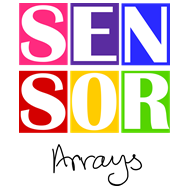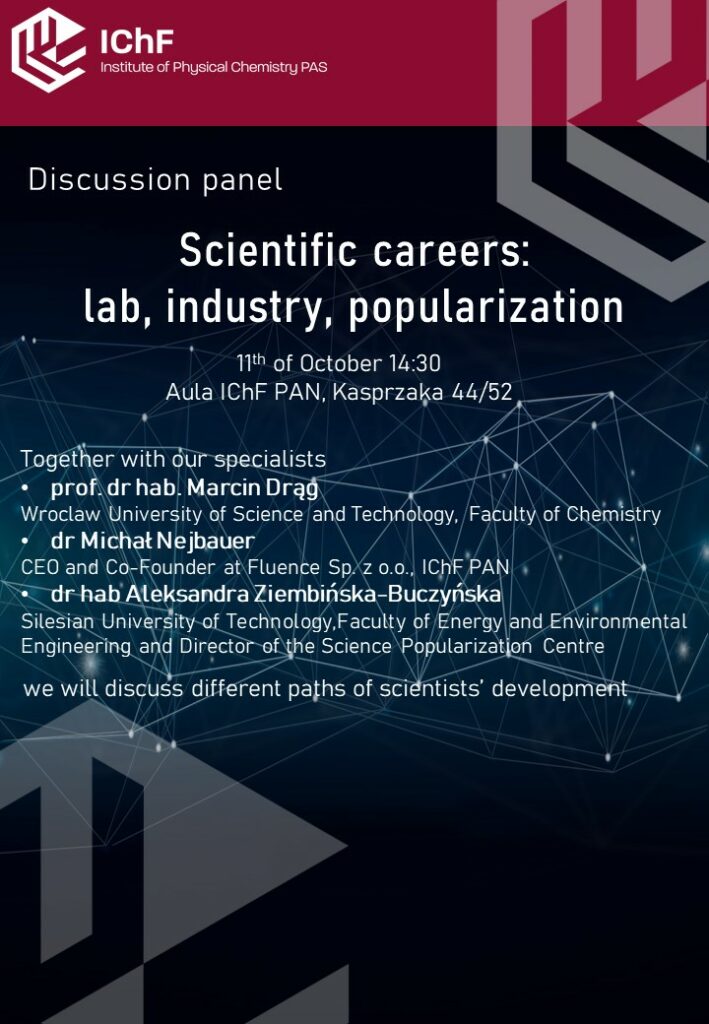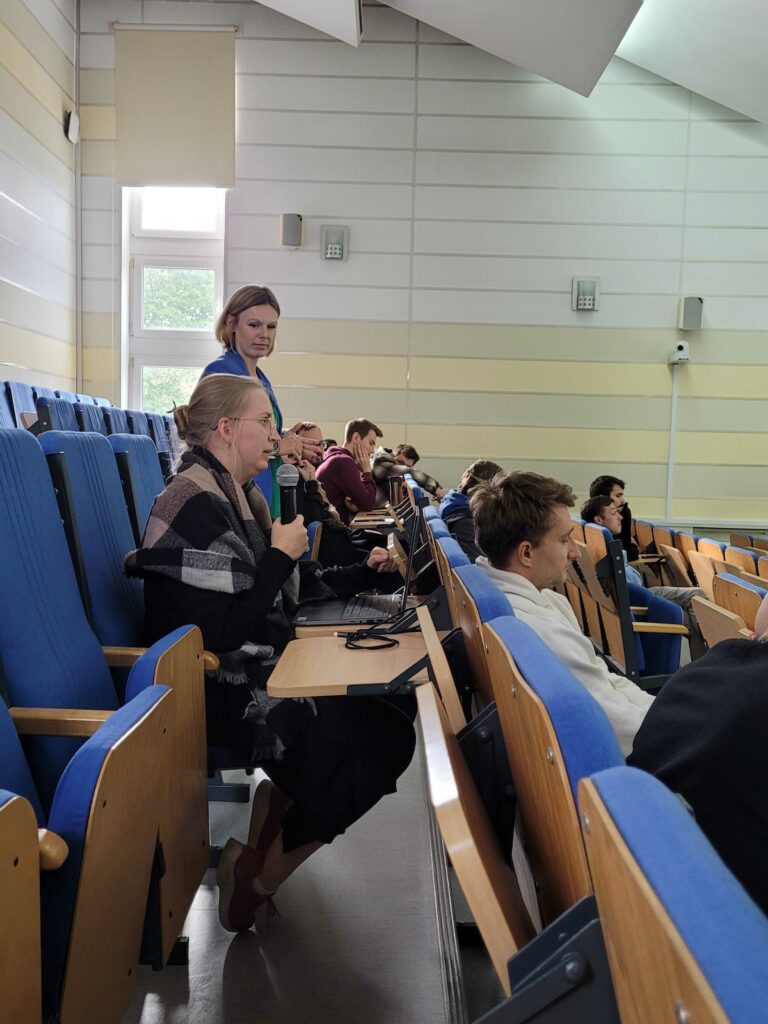On the 11th of October, Emilia organized a debate to discuss different paths of scientists’ development. The main goal was to demonstrate that apart from being a lab head drowned in paperwork or a specialist working with a pipette, a scientist can do other things.
Emilia organized a similar event five years ago. At that point, the debate was mainly directed towards PhD students to show possible paths to take after the diploma and to discuss why a PhD is helpful in the first place. Now, she wanted to address more advanced researchers who feel stuck in one place and could draw inspiration from the stories of the panellists.
The guest list included Prof. Dr Hab. Marcin Drąg from Wroclaw University of Science and Technology, Faculty of Chemistry, shared with the public his US experience and the benefits of working closely with the industry. During his postdoc, week-long events were organized where selected students and young researchers could interact with prominent scientific community members and the drive to learn and check what career path is better for them. Although his work is purely scientific, prof. Drąg continues to work closely with the industry, which allows him to learn about research which does not appear in scientific publications and gives access to other funding sources.
Continuing on the topic of industry, dr Michał Nejbauer, the CEO and Co-Founder at Fluence Sp. z o.o. He told us how he left the work at the institute to lead the company developing and selling fibre optic lasers. As he mentioned, his work is far from the lab, as he only gives opinions on the most challenging technical problems and mainly focuses on contact with clients and the company’s strategic plans. Probably the most shocking for all the scientists listening to the talk was the news of how many successful projects are cancelled because there is too little traction.
Last panelist, Dr. hab Aleksandra Ziembińska-Buczyńska came to us from the Silesian University of Technology, Faculty of Energy and Environmental Engineering. Apart from leading a research group where she studies complex bacterial communities and their application to biotechnological processes, she is also the Director of the Science Popularization Centre, a representative of the Association of Science Spokesmen and leads a pop-science TV show on Canal+ Discovery. If You are interested in science popularization, we can highly recommend short post-graduate studies provided at the Popularization Centre.
We did not get a full room 5 years ago, but still, for the post-pandemic times, with too many meetings and online events on every possible topic, this live debate can be considered a success. Emilia already got info that she will be responsible for organizing more events on this topic, so stay tuned for more information on the Scientific careers next year.



